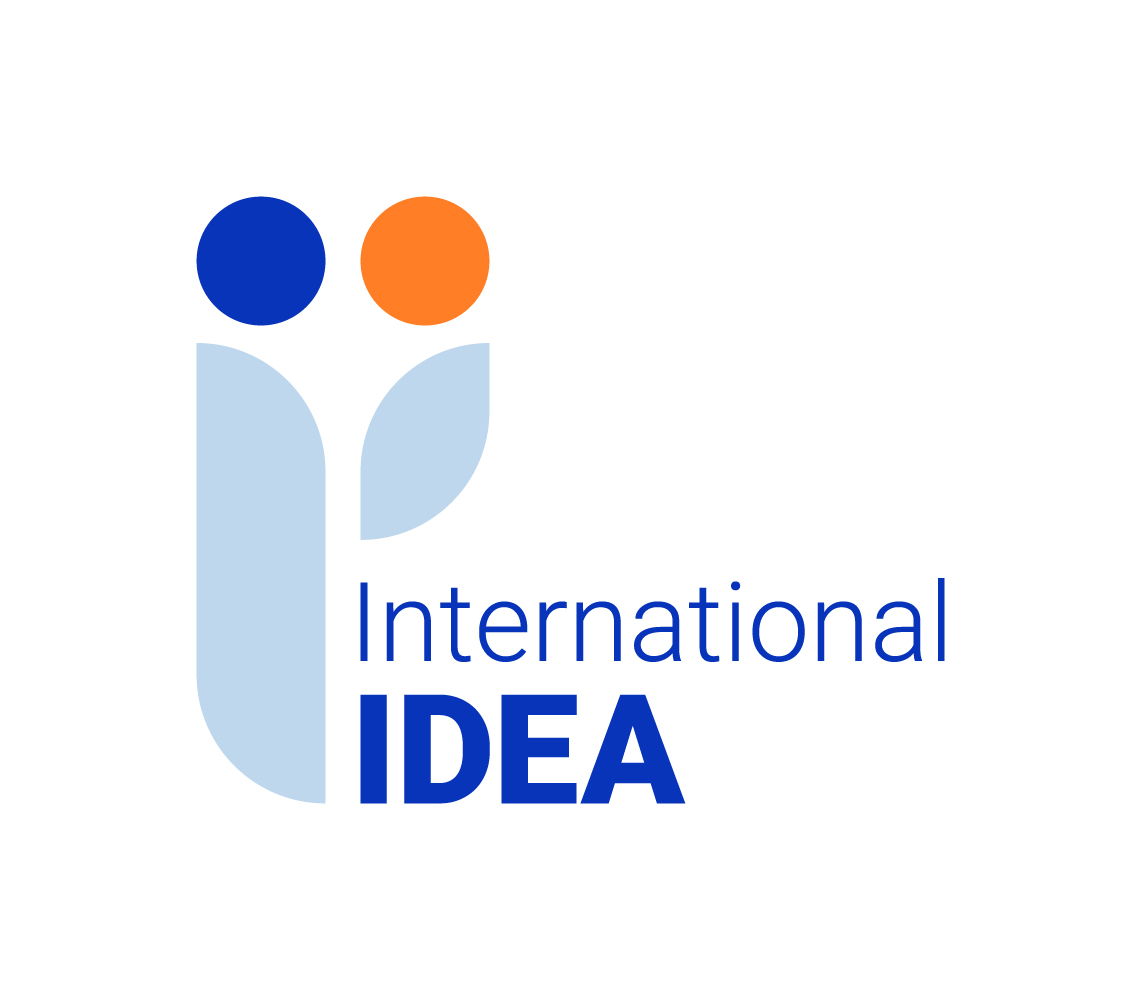On the occasion of the 24th World Congress of Political Science, which will take place on 23-27 July 2016 at Poznan, Poland, International IDEA is set to lead discussions on key democracy issues and topics. Organized by the International Political Science Association (IPSA), the biennial is considered a key environment to advance and develop the field of political science with the relevant contributions of experts, scholars, and policymakers at all levels.
Search
Region
Country
Type
The influence of money in politics is a significant threat to democracy, affecting established and emerging democracies alike.
United Nations, July 14 2016 – A coalition of international organizations today launched an online initiative to chart progress on one of the most challenging of the UN’s new Sustainable Development Goals (SDGs) – the commitment to “promote peaceful and inclusive societies” in all parts of the world, with measurable objectives in specific target areas.
The influence of money in politics is a significant threat to democracy, affecting established and emerging democracies alike.
Inadequately controlled flows of money undermine the credibility of elections and the integrity of democratic institutions and processes around the world. Well-designed political finance regulations that are enforceable and anchored in their country’s context play a vital role in ensuring that money is a positive force in politics.
Gender equality is a cornerstone of a democratic and just society, and International IDEA is committed to supporting democratic processes that empower women.
The constitution-building process provides an extraordinary opportunity for women and gender equality advocates to participate in the framing of democratic institutions.
Financing of political parties and electoral campaigns as part of larger political reform was the main topic of a seminar held on 28 July at the Sindicatura General de la Nación in Buenos Aires, Argentina.
One of the major challenges related to money in politics is the considerable lack of transparency surrounding political party and election finance.
The power of dissolution is the power to end the term of office of a parliament (or other legislative body) so as to cause new elections to take place. Parliaments are compulsorily dissolved at the end of their term of office. In many countries, a premature dissolution, before the scheduled end of Parliament’s term, is also possible in certain situations.
International IDEA has been working on the negative influence of money in political processes for over 15 years. Because I see this phenomenon as one of the major threats to democracy, I decided—when I started as Secretary-General of International IDEA in June 2014—to intensify our efforts in this area, by launching the institution-wide initiative of Money in Politics.
On 1–2 December 2015, International IDEA’s Democracy and Development team hosted a workshop, ‘Democracy Assistance and Results Management: From upward accountability and control to ownership and learning’.
Post-conflict democratization has always been regarded as an ordeal, and democracy-building in the South Caucasus countries is no exception.
The countries of the region—Armenia, Azerbaijan and Georgia—are telling examples of the fact that elections are insufficient for the establishment of democracy.
Over the past 30 years an increasing number of countries have employed elections to determine the will of their people and form representative governments.
This Discussion Paper provides a critical survey of the academic and policy literature that investigates the role of democratic arrangements and practices in sustainable and inclusive development through the prudential governance of oil, gas and mining resources. It covers different government systems, world regions and countries.
International IDEA is pleased to join the rest of the world in celebrating International Women's Day 2016.
While, in the past, democracy promotion tended to be the exclusive domain of high-income Western countries, the actors involved today are more varied, the kinds of activities more diverse, and the number of countries targeted for democracy assistance is steadily increasing.
Organized crime increasingly poses a threat to the exercise of democratic politics in most countries in the world. It is therefore imperative for governments to find creative ways to detect and tackle this problem.
Although Myanmar’s Union Electoral Commisison (UEC) welcomed both domestic and international electoral observation missions to observe the November 2015 elections, and established codes of conduct for each category of observation missions, there is no authorization in the law for electoral observation in Myanmar.
The mandate of the European Union for democracy support stems from the Treaty of the European Union of 1992 and subsequent initiatives and frameworks.
The EU has carried out its democracy-assistance activities through a series of specific policies and programmes, and their attached instruments, targeting both institution-building and political reform.
I am pleased to present another edition of International IDEA’s newsletter. As the year draws to a close, I would like to highlight some of 2015’s key events.

